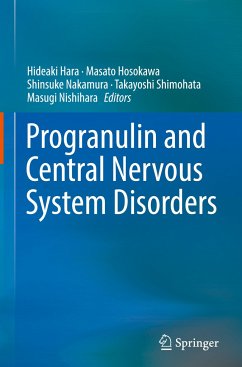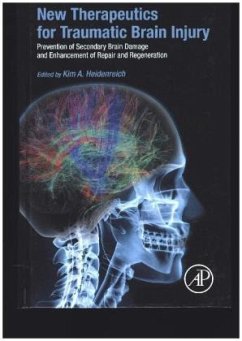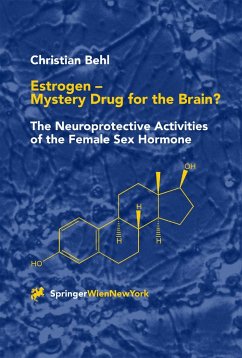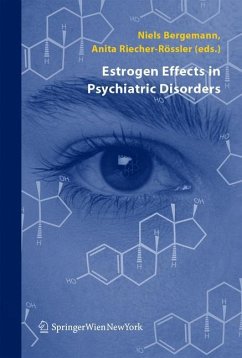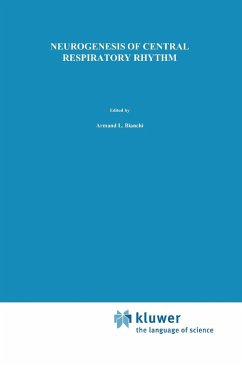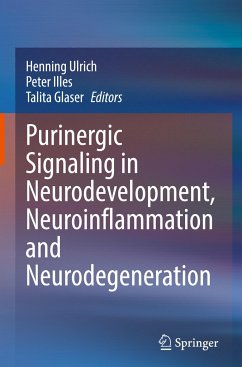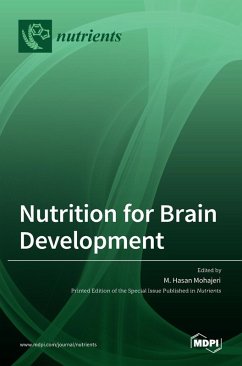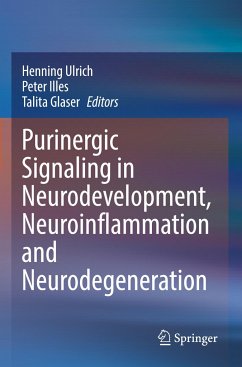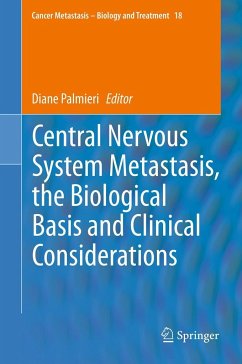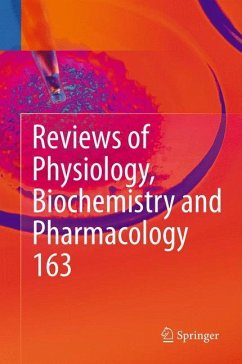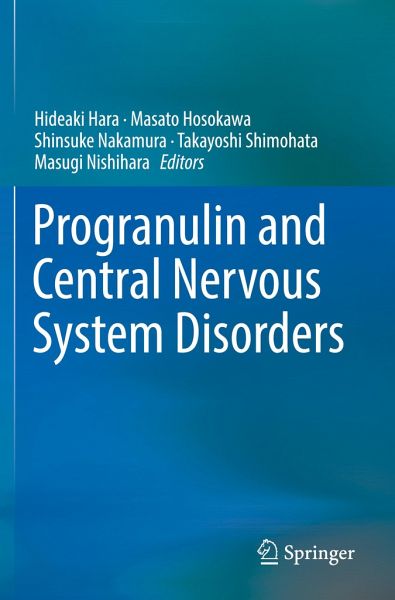
Progranulin and Central Nervous System Disorders
Versandkostenfrei!
Versandfertig in 6-10 Tagen
76,99 €
inkl. MwSt.

PAYBACK Punkte
38 °P sammeln!
This book presents the latest knowledge on the roles of progranulin (PGRN) in normal physiology and pathology and explores the emerging significance of PGRN as a therapeutic target and biomarker in various CNS disorders, including frontotemporal lobe degeneration and other neurodegenerative diseases. Following initial recognition of the importance of PGRN in sexual differentiation of the developing brain and adult neurogenesis, it was subsequently discovered that PGRN acts as a chaperone of lysosomal enzymes and plays a crucial role in maintaining cellular protein homeostasis. It has also been...
This book presents the latest knowledge on the roles of progranulin (PGRN) in normal physiology and pathology and explores the emerging significance of PGRN as a therapeutic target and biomarker in various CNS disorders, including frontotemporal lobe degeneration and other neurodegenerative diseases. Following initial recognition of the importance of PGRN in sexual differentiation of the developing brain and adult neurogenesis, it was subsequently discovered that PGRN acts as a chaperone of lysosomal enzymes and plays a crucial role in maintaining cellular protein homeostasis. It has also been found that sex steroids modulate the expression of PGRN and its trophic effects in the developing CNS and that PGRN directly or indirectly influences neural stem and progenitor cells. Against this background, deeper understanding of the molecular and functional properties of PGRN would provide fresh impetus for the development of mechanism-based therapeutic approaches formultiple disorders. Medications targeting the recovery of lysosomal function appear to hold particular promise in patients with neurodegenerative diseases resulting from PGRN insufficiency. In examining multiple aspects of this fascinating field, the book will be of high value for researchers and graduate students.





